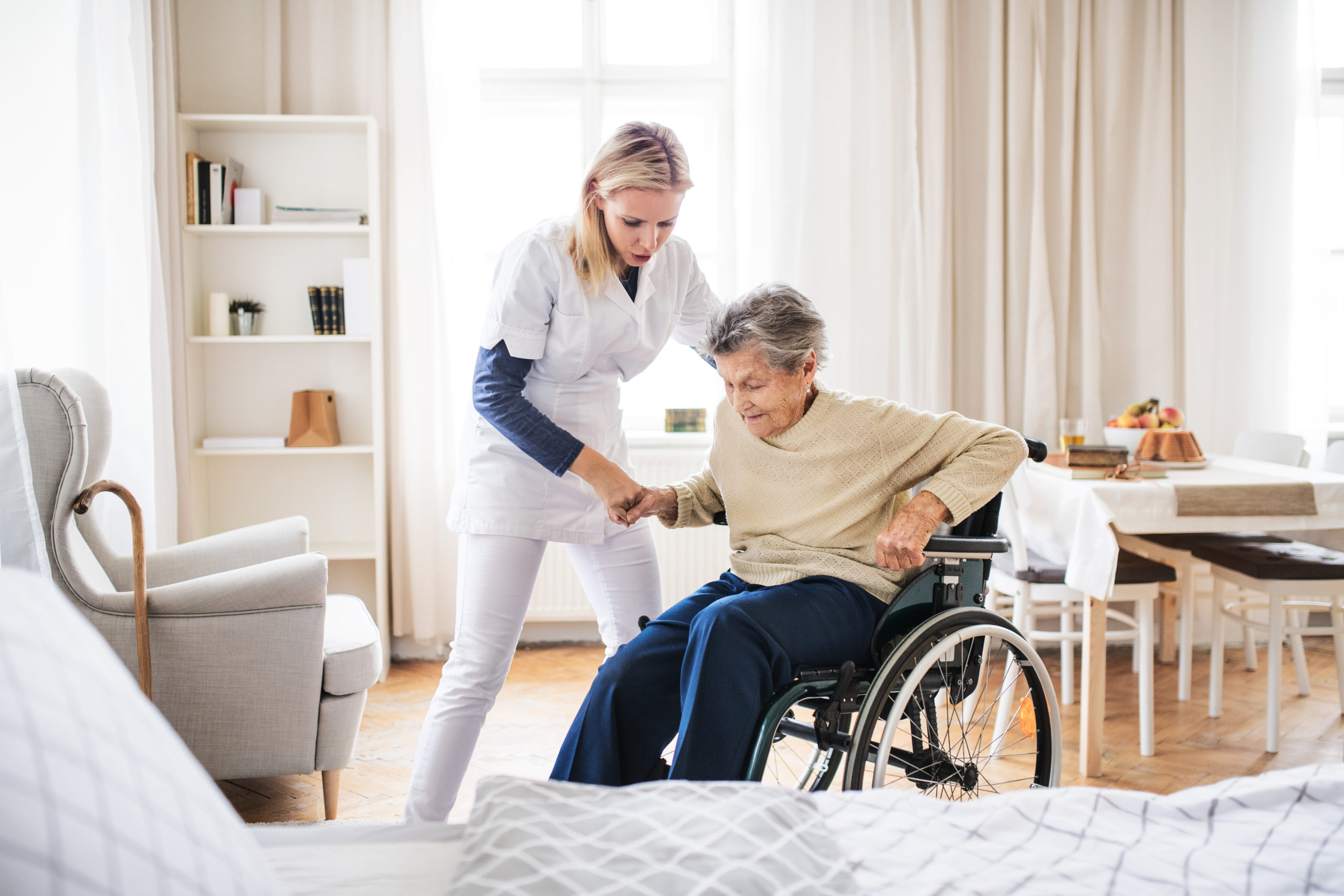Elderly care is an extremely important resource. According to the U.S. Department of Health, an adult over the age of 65 will have a 70% chance of needing some form of long-term care in the future. Out of the many seniors in need of care, millions opt for senior in-home care.
- Providing more personalized care – Many people feel that the one-on-one model of in-home care can allow for more attentive and personalized care. Caregivers have more time to focus on their patients and make sure none of their needs are being overlooked.
- Preserving independence – Living at home can provide elderly adults with a stronger sense of independence that living in an assisted living community. In-home care offers obvious allure for care patients who want to maintain a sense of independence,
- Avoiding a big move – An obvious upside of in-home care is that it does not require a big move. Moving to a nursing home or assisted living facility can be challenging, and even emotionally upsetting to some seniors. Transitioning into care within the comfort of the home takes less hassle and preparation and prevents the emotional turmoil of moving.
You may have already recognized the obvious benefits of in-home senior care. However, there are also a number of surprising benefits that you may not have previously considered.
Keep reading for 5 unexpected benefits of in-home care.
Affordability
Many people assume that in-home care is overwhelmingly more expensive than facility care. In fact, this is an often inaccurate assumption.
Even with full-time one-on-one care, in-home care can be a more affordable option over other forms of caregiving. This is largely because in-home care does not entail the added costs of rent that comes with facility care. Homeowners can especially enjoy the added affordability of paying for care without paying for rent or facility fees.
In-home care often allows for a flexible caregiving schedule that patients can customize to their needs, which can lower costs if a patient does not need 24/7 assistance.
Additionally, elderly individuals in need of caregiving can often get in-home care covered by insurance.
Pets
Pet ownership is probably not the first thing clients consider when seeking elderly care. However, the ability to keep pets is a surprisingly enticing benefit of in-home care.
Many nursing homes and assisted living facilities do not allow pets in residential units, or have restricted rules for pet ownership. With in-home care, patients who are homeowners can enjoy the company of a pet more easily.
While taking care of a pet is not always easy for seniors, in-home caregivers can also help with this task. This can allow care patients the joys of pet ownership without any added responsibility.
Pets can offer amazing companionship to elderly care patients, and the potential ease of pet ownership with in-home care is definitely a factor to consider.
Vacations and Traveling
Unfortunately, traveling often becomes more difficult with age–but in-home care might give some seniors more opportunities to travel.
Traveling with a companion can make the experience much easier. With in-home care services, a patient’s caregiver is often able to accompany them on vacations and trips when they need it.
Finding a caregiver willing to travel with their patients can grant many elderly care patients more freedom. For seniors who live far from their family, this can also allow for them to see their loved ones more often.
A Sense of Companionship
In-home caregivers can provide patients with a unique sense of companionship.
The one-on-one approach of in-home care allows for a more personal relationship between a caregiver and their patient. Many in-home care patients get to know their caregivers well and develop meaningful friendships.
Finding companionship in a caregiver is an invaluable benefit of in-home caregiving. With so many elderly adults sadly suffering from loneliness, isolation, and depression, enjoying meaningful interactions with caregivers can bolster patients’ spirits.
Protection From COVID-19
In recent months, the global spread of COVID-19 has brought a surprising new benefit to in-home care. In-home care might offer protection from the virus.
The one-on-one model of in-home care makes avoiding contact with the virus much easier than for people in nursing homes or assisted living facilities. Receiving care in the home allows patients to stay at home and minimize contact with others. These are two important precautions that can help safeguard against contracting COVID-19.
Senior living communities have been commonly known as easy breeding grounds for viruses and other illnesses even before the pandemic. Now, with COVID-19 posing a critical threat to elderly adults, in-home care might be considered the “safest” form of caregiving by many.
These days, the pandemic is at the forefront of nearly everyone’s mind. Right now, it is likely a primary concern for many when it comes to elderly care. To learn more about the potential benefits of in-home care during COVID-19, please visit our blog for more information.







